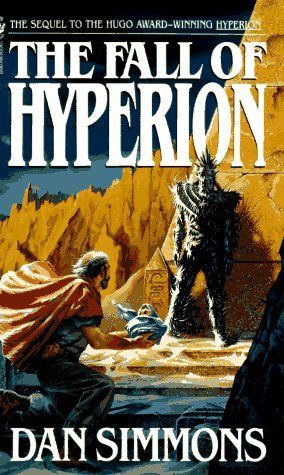
Reviews
Drew Nerbas@drew_cn
Stephen Campbell@stephencampbll
Gavin@gl
Rohan Uddin@thesparrowfall
Azrael Montana@azrael
B.H. Pitt@bhpitt
Ben Burns@benburns
Barry Hess@bjhess
Luke Jones@lukejones
Sarvagnan S@sarvagnan
Adam@adam
Naomi J.@naomij
Ajay Kannan@ajaykannan
Francis Wilson@espiceyboi
Jesse White@jesse_d_w
Agos@agos
Mario Guisado@magg71
Madi@danny_decheetos
Rebecca Lysaght@hattails
Andrew Wiggin@awndrw
C S@cstephen
Sherry@catsareit
Denys@immelstorn
Micah@mchmcf